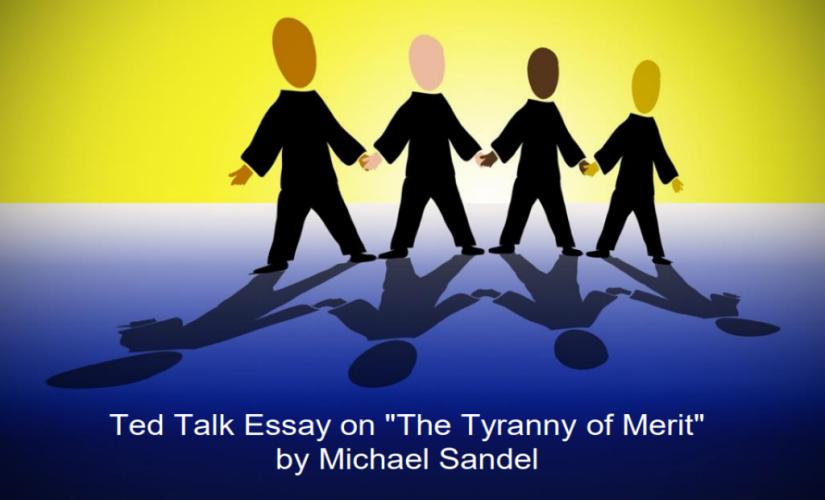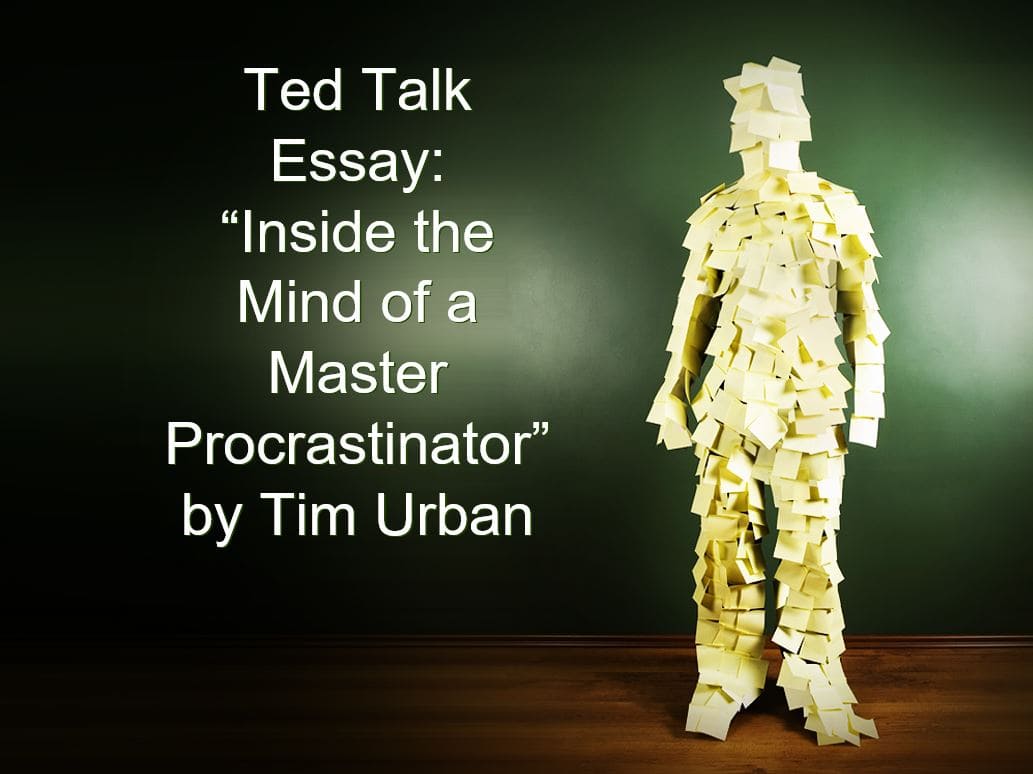The main point in this Ted Talk essay on “The Tyranny of Merit” by Michael Sandel is to put across the fact that social inequalities in society are due to meritocratic ideologies that advance segregation of social classes and deprivation. This review advocates for a change for a just society where everyone is given an equal chance in life to eliminate winners and losers mentality. Meritocracy is a system with negative implications, like wedging a social divide within the society, depriving others access to quality education, and causing massive job losses and unemployment.
Differences in Social Layers
First, the elite enjoys exclusivity, and poor people are overly disenfranchised to create a social divide that sparks animosity. The contempt directed toward the under-privileged is disheartening, and this aspect is related to the executive banking section in local banks for not appearing to be worth that section. Those considered successful tend to profile others and keep them at arm’s length if they do not look worthy. For example, “the gap between the top and the bottom has increased and class mobility has stagnated in the last few decades” (Hurst et al. 2). The reason for this aspect is that the privileged people indiscriminately amass wealth and pass this advantage to their children, while a vicious cycle of poverty devours the poor. In turn, poor people have to struggle to access secondary education, depend on government sponsorship for university education, fight to get a job, corroborating Sandel’s opinion that “meritocracy is corrosive for the common good” (00:01:54-00:01:59). It is what breeds a tense relationship in society. Hence, everyone should have a sense of belonging and be given a fair chance to help in nation-building without any form of discrimination.

Meritocracy
Besides, eradicating meritocracy is the key to ensuring that everyone accesses equal opportunities because everyone needs to get an education and social services. The rich can access top-rated institutions that make them eligible to get high-paying job opportunities, while the poor cannot afford the same. In this case, elite institutions always avoid admitting students from a poor background, and most people do not have a college degree. Sandel notes on people getting the college diploma by saying, “in fact, nearly two-thirds of Americans don’t” (00:04:09-00:04:14). It depicts that many citizens do not enjoy easy access to education. Despite this aspect, the economy works in a way that rewards those with college degrees with a decent living. It puts the “responsibility for success on the individual rather than the greater social system” (Goode et al. 334). Poor people get stuck in struggling with physiological needs since wealthy individuals pursue self-actualization, although everyone should have access to free education, while their social status should not matter. However, modern societies should re-evaluate how education impacts success by ensuring that everyone is given dignity through the work they do.
Importance of Respecting Others
In particular, people should apply this information to give dignity to others and protect the jobs of those considered unskilled and less educated, like cab drivers, delivery people, mall attendants, among others. They are people others depend on, yet they are the most disrespected. People have to remember that all jobs avail opportunities for self-sufficiency. Unfortunately, in America, there exists “increasing polarization of incomes and wealth” (Hurst 7). Naturally, this feature leads to employment polarization within the economy, implying the loss of job opportunities for those who are lowly skilled and with no college education. So, many people in the United States lose jobs annually. The best explanation for this aspect is the meritocracy in America that causes some students to opt for vocational training (Menand 2). People depend so much on those they consider lowly skilled. Hence, a global solution on how to address reward systems must be sought to salvage our societies from the greed that has been sidelining the majority. Preventing job losses should be part of this fight against meritocracy.
Summing Up
In conclusion, these merit ideals were developed to eliminate the same inequality it was advanced today. Meritocratic ideologies were adopted to abolish institutionalized social disparity brought forth by inherited social status. Everyone believes that people should depend on their abilities and merits, but such perception is failed. Equality is the key to not only national but also global healing to include those who are disenfranchised. Every individual has a right to education, decent employment, and dignity. Therefore, respecting and equality are important for all nations to prioritize dialogue and effect policy changes at this point.
Works Cited
Goode, Chris, et al. “A Compensatory Control Account of Meritocracy.” Journal of Social and Political Psychology, vol. 2, no. 1, 2014, pp. 313-334. PsychOpen, doi.org/10.5964/jspp.v2i1.372.
Hurst, Charles E., et al. Social Inequality. E-book, Taylor and Francis Group, 2017.
Menand, Louis. “Is Meritocracy Making Everyone Miserable.” The New Yorker, 2019, www.newyorker.com/magazine/2019/09/30/is-meritocracy-making-everyone-miserable.
Sandel, Michael. “The Tyranny of Merit.” Ted Talks, 2020, www.ted.com/talks/michael_sandel_the_tyranny_of_merit.


